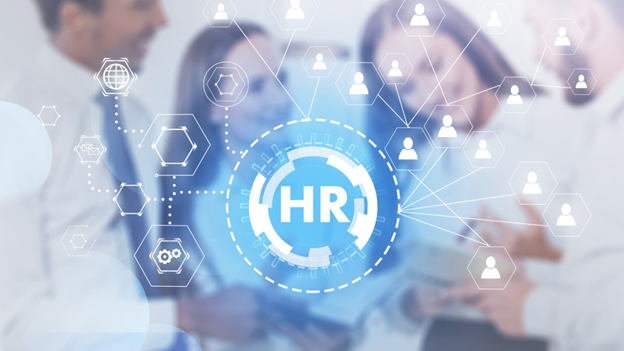The rise of the GIG economy has led to an influx of temporary workers within companies.
A continual inflow and outflow of short-term engagements by independent workers not only impacts the way a company’s payroll department needs to function, but it also impacts the finances of those who choose GIG work over full-time employment.
If you are a gig worker, you likely benefit from a more flexible working schedule and the ability to choose the jobs that you pitch for. The downfall is that companies aren’t obligated to offer you the same types of benefits that full-time workers receive. You will have to do your financial planning yourself.
GIG workers need to plan their budget to match their income, have cash stashed away for emergencies and plan for tax contributions.
As a self-employed worker, you are responsible for your annual tax contributions. Remember that your income may fluctuate and that your budget needs to allow for busy as well as slow work periods. Besides committing to your retirement and medical aid policies, you should also have a nest egg for emergencies.
Updating a payroll department for GIG workers
Many companies and payroll departments have had to adapt their processes to accommodate GIG workers.
Uber and Taxify overhauled how their payrolls were administered to accommodate GIG workers. While the majority of local companies currently have a smaller number of gig workers compared to full-time employees, this balance will continue to shift in future. If the GIG economy hasn’t already affected your payroll department, it will soon
Payroll professionals and business need to get comfortable with a fluctuating payroll that has a variety of types of workers that it needs to accommodate.
One of the ways to streamline this effort is to use an intuitive, future-ready system or software that has been set up to automate payroll calculations, tax deductions and UIF contributions for various types of workers.
Companies who are still clinging to the old way of doing things will soon have to start relooking software and web-based solutions that are available on the market. There are great payroll solutions that can automate many of the calculations for you and ensure you are meeting your tax, UIF and other statutory obligations
Don’t fail to embrace change in your payroll department
Even with intuitive systems, the GIG economy has still put an administrative burden on payroll and Human Resources to address the issues of legislative alignment.
This is still new territory for many of us and we’re still learning, but the important thing is that your company does not fail to embrace the change. Challenging current wisdom and making radical changes to accommodate new workers and pay them efficiently is what is needed to thrive in the new GIG economy.
Jetro Malapane is the Executive Committee Member at the South African Payroll Association (SAPA).

























